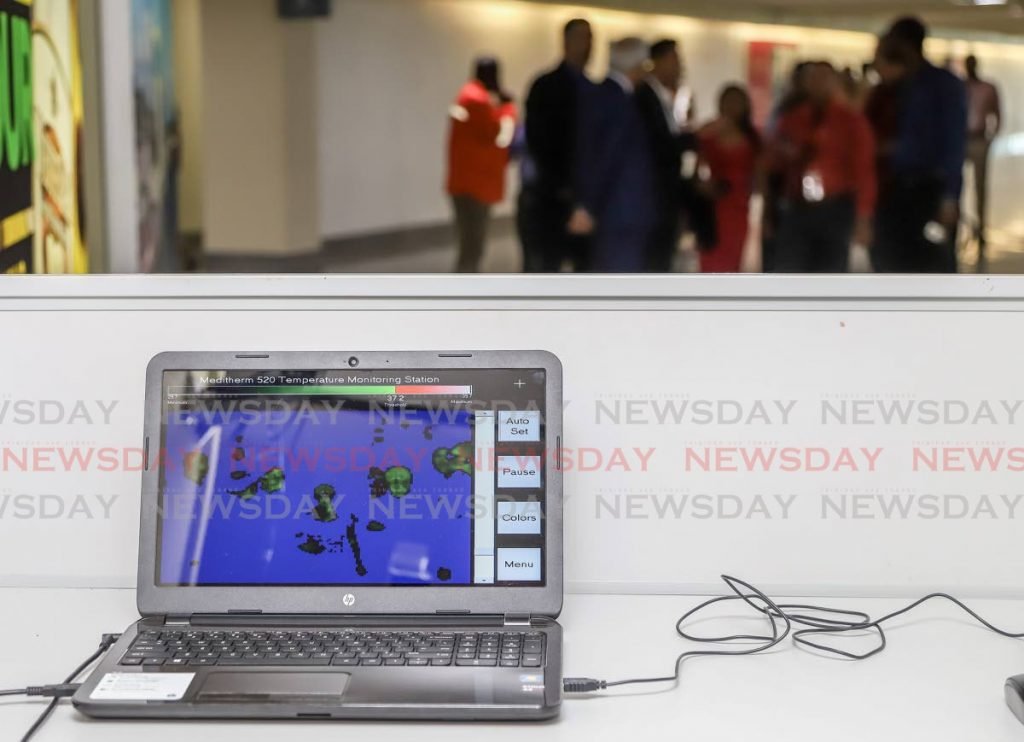Covid19 compounded by economics of fear

BARBADIAN senator Lisa Cummins says people are being guided by the economics of fear, stemming from the covid19 virus. This is leading to severe economic repercussions, especially in the Caribbean, she warned.
Cummins, speaking at a forum hosted by the UWI covid19 task force on Monday, described the monetary impact of covid19 in the region and across the globe as an "infodemic."
She cited the World Health Organisation's (WHO) director-general Tedros Adhanom, who who called for "facts, not fear" last month in response to panic over the virus.
"People are responding to their fear of getting ill, of dying, being infected, of interaction, of (going) on board airlines, affecting the air transport industry, of taking a cruise, thereby affecting the cruise industry, which is thereby having an impact on our (Caribbean's) tourism-dependent economies," Cummins said.
There have been several reported instances of cruise ships and other vessels being denied entry to ports across the Caribbean, including Barbados and Tobago.
Cummins said, "How people perceive their levels of exposure and their ability to respond to those levels of exposure has a critical impact on how our economies will or will not function going forward.
"When the economics of fear sets in and people stop taking cruises, or people stop flying for conferences or for vacations, you have an immediate impact on those tourism receipts and arrivals."
Tourism accounts for much of the region's foreign exchange generation, which she said will certainly face a drastic adverse impact if the hundreds of thousands of projected arrivals are denied or discouraged.
"The ripple effect on the wider economy is immediate and it is significant," Cummins said, adding, "and, of course, that then has a run-on effect on the labour markets.
"How do you sustain your employment levels when your projections for the year cannot be maintained by a given firm? When we talk about the fear of this virus, we have to be able to rationalise managing the science, the medical science in particular, what needs to be done to contain (it).
In Barbados, she continued, "we follow the science."
"We take a position where our medical practitioners, namely the WHO, the Pan American Health Organisation...and Carpha, they have been developing a protocol that speaks to the question of containment. How do we manage testing? How do we manage quarantine facilities? How do we manage screening and detection, so that that containment is our front-line response?
"To date, there has been little conversation on how the fear of covid is impacting our productive sector."
She noted a 40 per cent decline in Chinese manufacturing last week, as factories were unable to operate at optimum capacity because of quarantines and other restrictions imposed by the Chinese government, which then had an almost immediate impact on US production.
Many US products are made in China and follow the value added process before being exported to other countries. China saw a 40 per cent decrease in manufacturing, which affected similar levels of production in the US. Cummins said the ripple effect has and will continue to hit the Caribbean.
"Can we allow the economics of fear to shape our response? And the answer obviously has to be no."
She said the science of the virus must be observed, together with the co-ordination and sharing of information, development of protocols, and collaboration between Caricom states, in order to combat the economics of fear.

Comments
"Covid19 compounded by economics of fear"